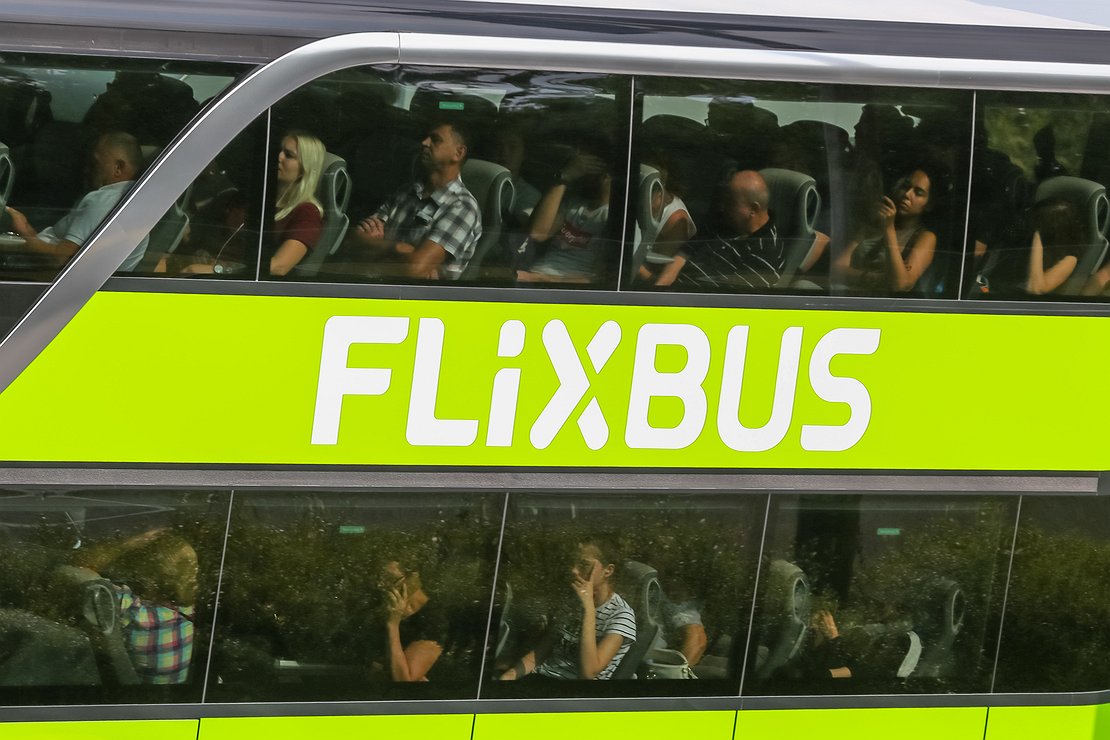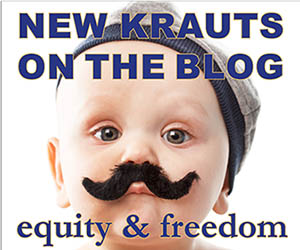
Emmanuel Macron and the coach company Flixbus:Life’s Coincidences . . .
There are coincidences in life that are so coincidental that even the casual observer is surprised how coincidental the coincidences are. One of these coincidences begins in beautiful France in 2008, when the two brokers Emmanuel Macron and Yvan Lefranc-Morin happen to both work for the commercial bank Rothschild. Although Lefranc-Morin soon moved to UBS and then to the Start-ups department, they remain in touch. Macron stays with Rothschild and acquires the reputation of a ‘Mozart of Finance,’ as he has a lucky hand in handling business despite the crisis that shakes the sector after the Lehman Brothers bankruptcy. However his success is not only based on his analytical gifts, but above all on his address book. Thanks to his studies at ENA, the Parisian élite university, Macron knows everyone who has any weight in the French economy and politics and is promoted no later than 2010 to managing partner of the Rothschild Bank. His big moment will come in 2011/12, with Nestlé buying back the baby milk branch, worth nine billion euros, from pharmaceutical giant Pfizer. This deal alone brings him a whopping 2.4 million euros.
The astonishment of the French public is great, when in 2016 Macron officially declares his private assets to be around 60,000 euros. The question of the whereabouts of the rest has since interested everyone in France, except for mainstream journalists and tax investigators . . . But back to life’s coincidences: with a financial cushion of more than 2.4 million euros behind him, Macron leaves high finance in May 2012 and becomes deputy secretary general of socialist president François Hollande.
In the summer of 2014, he was promoted to Secretary of Commerce, a position he held until his resignation in the summer of 2016. Because of his public statements and his media self-promotion, Macron soon has the reputation of being an economic moderniser and classical liberal. In reality, however, he does not liberate the French companies, which suffer from state regulatory mania and high social costs, from the clutches of the Leviathan. Macron's legacy at the Department of Commerce is just one measure of quite limited scope: the liberalisation of coach transport. Since then, private buses, the so-called ‘Macron coaches,’ as they are called in the French media, have been allowed to operate nationwide.
This is where a coincidence comes into play again. Shortly before Macron's bus law comes into force, his ex-colleague Yvan Lefranc-Morin, who was responsible for the French market, coincidentally changes from Rothschild to the German low-cost coach company Flixbus. While the liberalisation comes as a surprise to most of Flixbus's competitors, the German start-up company happens to be able to secure a share of more than 50 percent of the French market, which is considered one of the most important in Europe. Lefranc-Morin is promoted a short time later to General Director of the company’s French department...
In spring 2017, Macron has now entered the presidential elections, another coincidence happens coincidentally: Yvan Lefranc-Morin discovers his passion for democracy. Flixbus France will reimburse all those who have their photo taken with a valid voting card in front of their polling station on the day of the first round of the presidential elections, the travel price, on average 20 euros per passenger. For the second round of the presidential elections, in which Macron and Marine Le Pen face each other, Flixbus repeats the action. Lefranc-Morin explains this as follows: “We are not political activists and would have done the campaign even if Macron hadn't made it to the second round, even if Flixbus owes its existence to Macron. Our aim is simply to take action at our level against voter abstention, which worries us as citizens.” So it’s all just a coincidence...
But that isn’t the end of the chain of coincidences, not by a long shot: Following Macron's victory in the presidential election, France is once again not undergoing any radical economic reforms, from which all companies would benefit, but only sectoral liberalisations here and there. One of these liberalisation projects concerns rail transport, which has hitherto been a state monopoly. Macron wants private operators to use the rail network in the future and to initially take on all employees of the state-owned SNCF.
In return for the job guarantee, the government plan provides for the total geographical mobility of SNCF staff and a bonus waiver. However, some bonuses account for up to 30 percent of the not exactly lavish salaries of SNCF employees. The French railway trade unionists react to these planned salary cuts with a strike, which anyone could have predicted who knows even just a little about the French mentality. But by coincidence these strikes are not inconvenient for everyone: In April 2018 alone, Flixbus can, coincidentally, increase its sales by 80 percent on strike days. That means 50 additional buses per day! Lefranc-Morin is therefore pleased that the company is already almost profitable. What a happy coincidence!
But probably the happiest long-term coincidence of them all is that, with the majority of Macron's En-Marche movement, the French parliament passes a new immigration law at the end of July 2018. Contrary to the official intention, this law does not regulate or restrict immigration from Africa and the Maghreb, but liberalises or even promotes it. From now on not only spouses and children will be allowed to follow an immigrant to France, but also their non-verifiable life partners, in other words, half the African village. This is wonderful news for Lefranc-Morin, because coincidentally Flixbus coaches are very popular with both legal and illegal immigrants and ‘refugees,’ since coaches, without any amenities, are cheaper than all other means of transport, and they are less strictly controlled by customs and border guards than trains or private cars with a certain passenger profile. In addition, Flixbus drivers, who usually drive the coaches on behalf of subcontractors for a low wage, are not usually so strict about identity and baggage checks. For example, Anis Amri, the terrorist of the Breitscheidplatz in Berlin, is said to have traveled armed in a Flixbus coach from Amsterdam to Lyon. But let’s quickly forget this story, because it’s not so nice. Instead we are happy, along with Macron, that thanks to the coaches the poor can finally “become mobile and travel all around Europe.”
And, thanks to state counterfeit money policies, oligopolies and legal and illegal immigration, there is no lack of poor people anywhere in Europe. Flixbus coaches are thus heading towards rosy times. Germany's humanistic-humanitarian world-Chancellor, who invites all the forlorn and unfortunate of this world to Europe's welfare paradise, makes – as coincidence would have it – a very special contribution to the financial well-being of the start-up, because in 2017 alone border guards drag thousands of their customers against their will from the bright green and orange coaches. Of course, it can then only be a coincidence that Flixbus, together with the German government, is resolutely fighting all forms of right-wing oppression and is one of the main sponsors of the slightly morose cultural edification party in Chemnitz, where great minds such as ‘Feine Sahne Fischfilet’ and the ‘Tote Hosen’ bravely ‘rock against the right’ and to drink, f…, eat, yell. . .
“We are creating demand for ourselves. That's the interesting thing about liberalization,” says Yvan Lefranc-Morin with a charming smile.
Translated from eigentümlich frei, where the original article was published on 11th September 2018.




